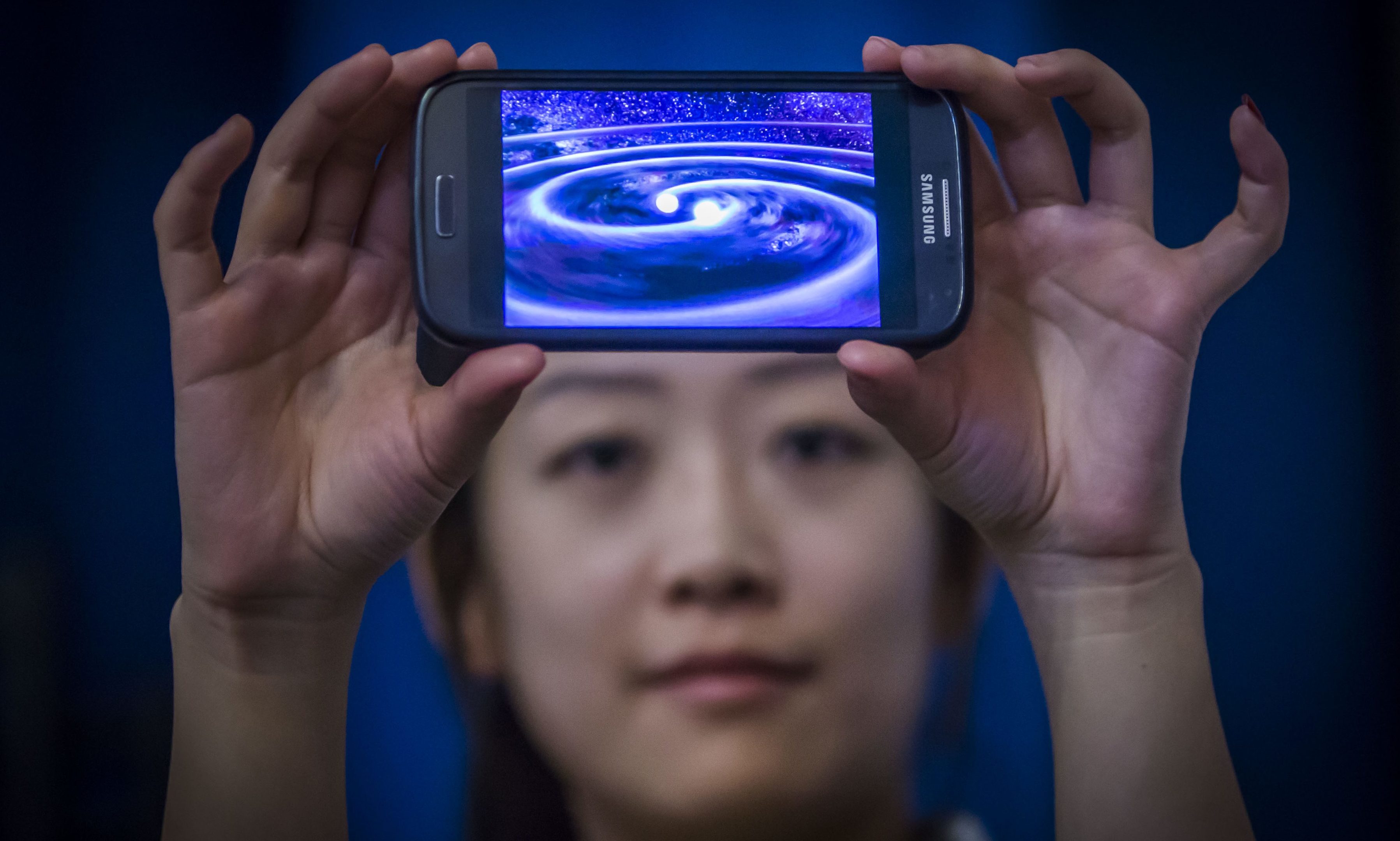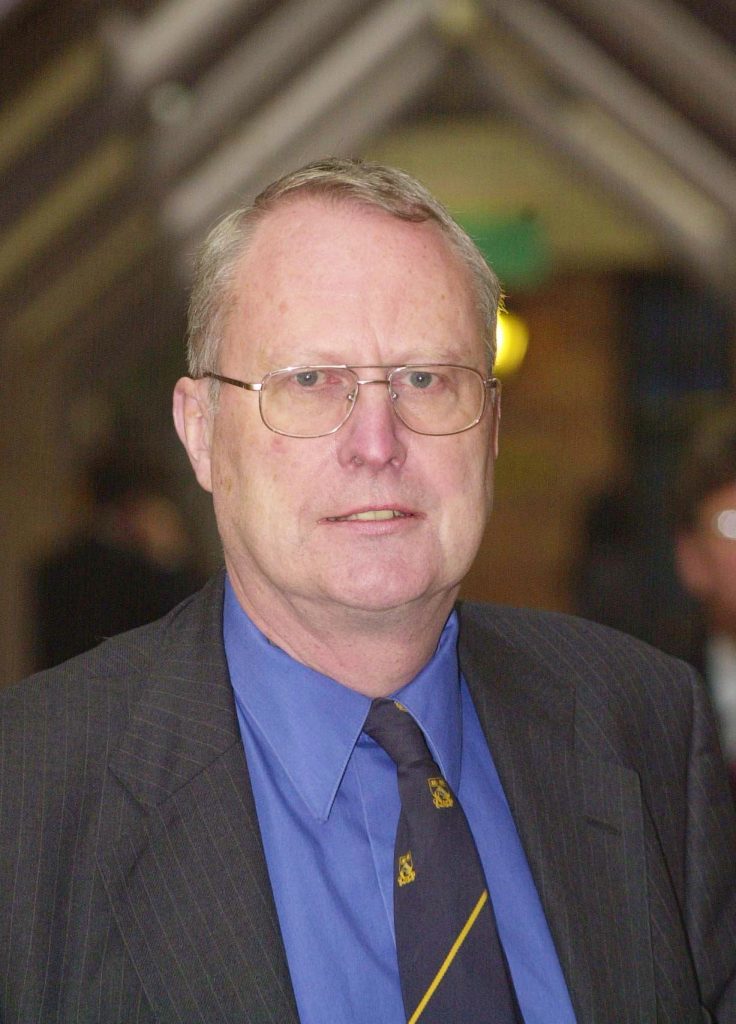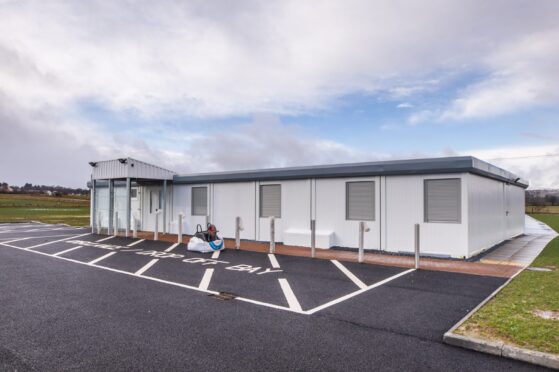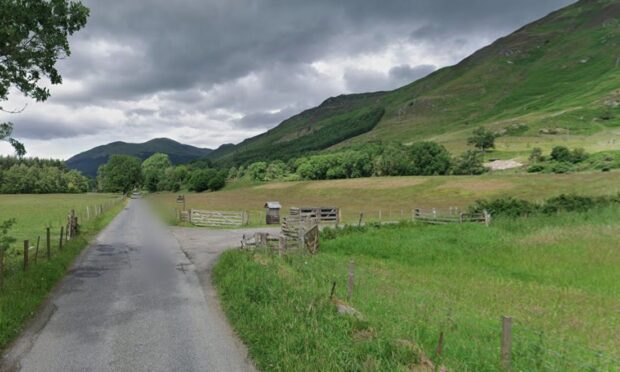A leading academic behind one of the century’s biggest scientific breakthroughs will discuss his work in Perth next month.
Professor Jim Hough was part of a international team who detected gravitational waves — ripples in space-time — more than a century after they were predicted by Albert Einstein.
The discovery could help scientists explain how the universe was born.
Prof Hough, a lecturer at the University of Glasgow, will be explaining the ground-breaking find as part of a series of talks at Perth’s AK Bell Library.
The Curious Minds season has been organised by the Perthshire Society of Natural Science and Culture Perth and Kinross.
Prof Hough, who has been tipped for a Nobel Prize for his work, will talk at the venue’s Soutar Lecture Theatre on Friday, March 24.
Speaking in Washington last year, he said the gravity waves breakthrough was more important than the discovery of the missing Higgs boson — the so-called God particle — in 2012.
“Until you can actually measure something, you don’t really know it’s there,” he said.
“This is the biggest scientific breakthrough of the century.”
Prof Hough has been researching gravitational waves since the early 1970s.
The subtle distortions of space-time are generated by events such as the collision of black holes or super-dense neutron stars, or powerful stellar explosions.
As the waves spread out, they compress and stretch the very fabric of the universe.
Although astronomical observations have hinted at their presence, until last year’s find they have remained a theoretical concept based on Einstein’s mathematics.
Scientists detected them using laser beams fired through two perpendicular pipes, each four kilometres long, situated nearly 2,000 miles apart in Washington and Louisiana.
Together they make up the Lase Interferometer Gravitational Wave Observatory, where the hunt for waves began in earnest two years ago.
Dr Iain White, president of Engineering Scotland, said: “When the first gravitational wave to be discovered started from its source to radiate into the universe, over a billion years ago, the most advanced life on earth was a very primitive multicellular organism.
“We developed from that to our current knowledge and built the detectors just before the wave arrived.”
He added: “Jim Hough has been working on gravitational wave detection all his research life. What an incredible commitment especially as the man who first predicted gravitational waves, Albert Einstein, thought that they would be so weak that they would never be detected. In this respect, Jim has proved Einstein wrong.”
Other speakers lined-up for the Curious Minds series will be Dr Wendy Bickmore, who will throw some light on the human genome, and Erik MacEachern, who will talk about empowering sustainability in Scotland.
For details and tickets visit www.psns.eventbrite.co.uk











